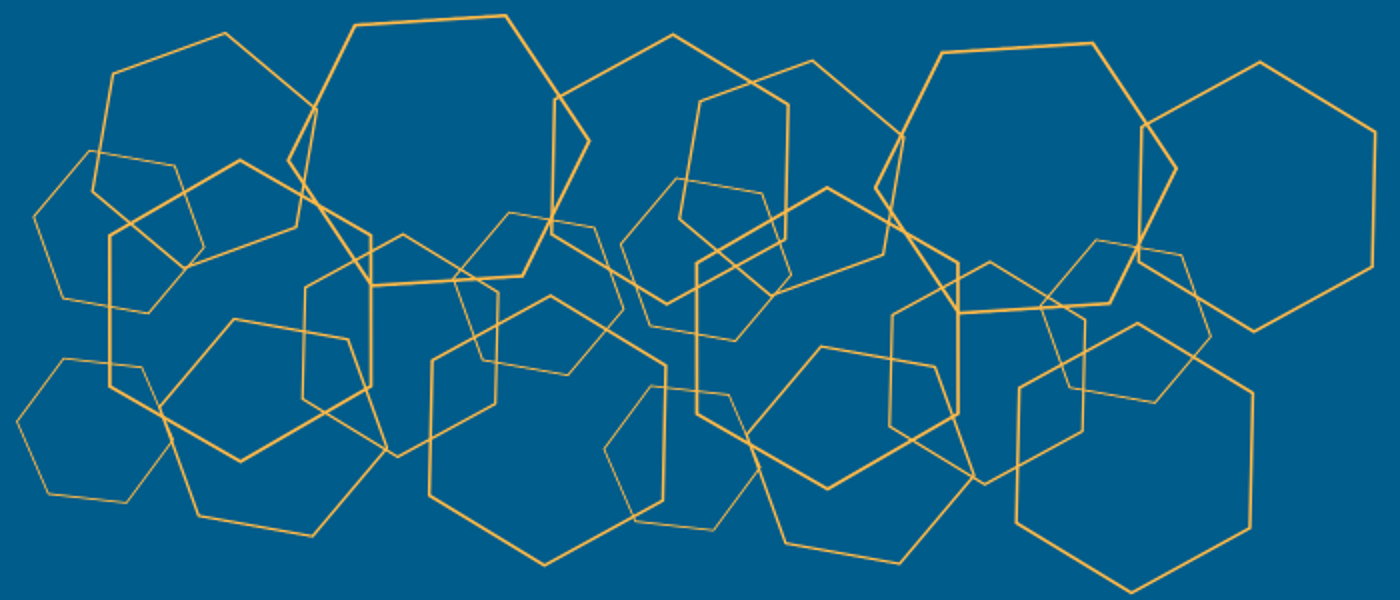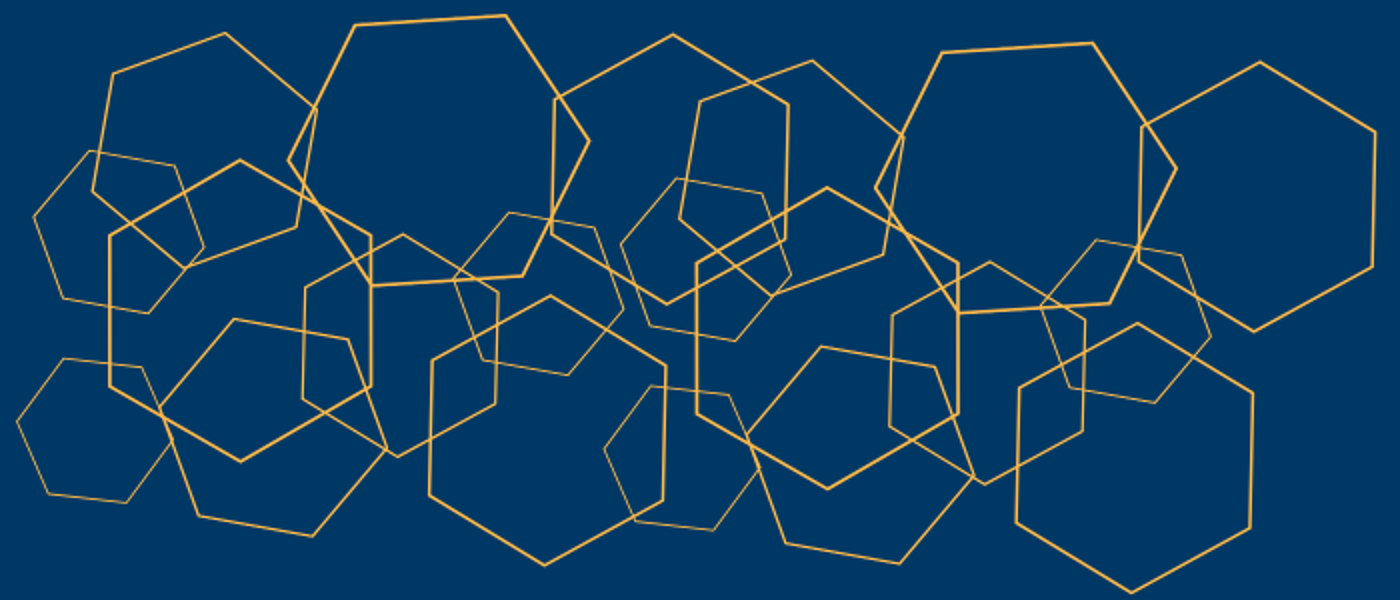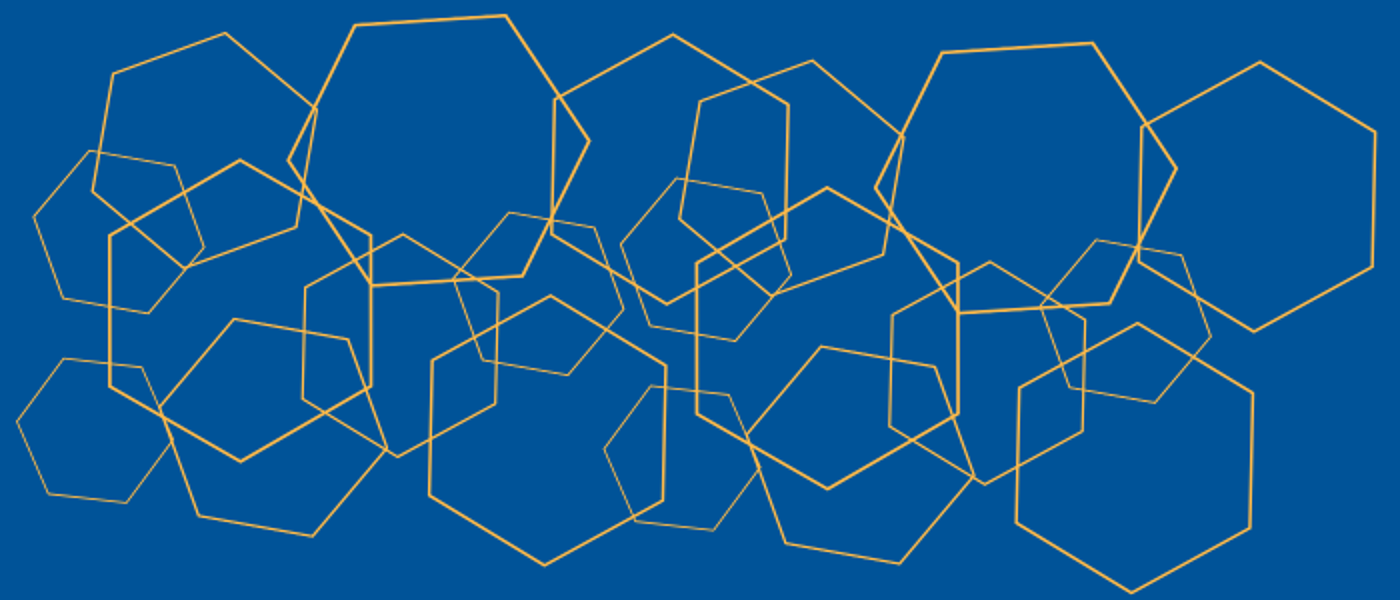Finding Community as a Supervisor or PI
As a research leader and leader of researchers, connection and constructive conversations with peers is one of the key ways to develop your practice and professional confidence, as well as share your expertise with others. The research culture and researcher development team lead a number of communities tailored for University of Glasgow Supervisors and PIs.
Some of these communities may also be of interest to the researchers that you lead. One way that you can support your teams and colleagues is to signpost them to opportunities to network with peers, share knowledge and expertise, find collaborators, and be part of the conversations that support decision making on issues that affect them.
We have a communities specialist

Supervisor Community of Practice
All doctoral supervisors (primary, team, or informal associate supervisors) at the University of Glasgow are warmly invited to join the online PGR Supervisor Community of Practice (CoP). Supervisors are a collective community of 3000+ research and academic staff across the university. The CoP is where we regularly interact to share information, improve our skills, and actively work on advancing good practice. Evidence shows that these kinds of discussions are the most useful 'training' that supervisors do to enhance their practice (UKCGE, 2021):

Research Culture Commons
All members of the research ecosystem at the University of Glasgow are invited to join the Research Culture Commons. The Culture Commons seeks to broaden and democratise how we support, develop and recognise achievements to build a positive UofG Research Culture, by taking a ‘whole community’ approach. The ‘community owned’ model recognises that all members of the research ecosystem can contribute positively to culture change, and that small contributions all add up to a greater whole when focus and priorities are defined, and when we work towards a shared goals.

Research Staff Assembly
The Research Staff Assembly is a monthly community initiative for all Research Staff at the University of Glasgow, across the many and varied job roles to come together, build your networks, support each other, have your say, and stay in the know. It is a way that researchers can be represented in the conversations that impact on being a researcher at the University of Glasgow. Each monthly hybrid meeting addresses a different theme. In between you can stay connected through the Assembly hub.

Fellows Network
The peer-led Fellows Network connects Research Fellows (of all types) to build your confidence as a leader in a contemporary research environment. What any person needs to thrive often already exists within the rich experience of our Research Fellows. The network is designed around two interrelated leadership concepts. The first is our identity in the research world: what is at the core of what it means to be a good research leader at the University of Glasgow? The second is supporting the personalised development of ‘good research leadership’, within the additional contexts of diverse career stages, disciplines and roles.

Research Professional Staff Network
The Research Professional Staff Network is a collaborative community of Research Professionals, wherever they work in University of Glasgow. The network is for any member of staff whose role involves providing a professional service, expert guidance, system or support for research or researchers, at any point in the research journey. We are open and inclusive, encouraging membership from across the entire research ecology. This includes those at whole-university, College, School, and project level.

Talent Lab: Cohort Leadership Programmes
The Talent Lab houses University of Glasgow structured career-stage cohort programmes that focus on developing leadership in research, and researchers as leaders. It recognises the power of each of us to influence the research environment and the research culture in which we operate, and to create a place to work in which we can all thrive. Being part of a Talent Lab give you the opportunity to form ongoing communities with your programme peers.

